Do Lizards Eat Termites? Discover Their Role as Natural Predators!
I often wonder about the diets of different creatures. One question that comes to mind is, do lizards eat termites, ants, or other animals in their home, like birds? These small insects, including delightful termites and subterranean termites found in termite mounds, are abundant in many environments, making them an interesting food source for various reptiles, especially raw termites. Lizards are known for their diverse diets, which can include insects, subterranean termites, plants, and sometimes even small animals.
Understanding what lizards eat, including termite, helps me appreciate their role in the ecosystem. Termites play a vital part in nutrient recycling, and knowing if lizards consume them reveals more about their interactions with nature. In this post, I’ll explore the relationship between lizards and termites. I’ll explore the types of lizards that feast on these bugs, such as termite, and why they might prefer them over other food sources.
Key Takeaways
- Lizards are opportunistic feeders and will consume termites when available, making them an important part of their diet.
- Understanding the specific types of lizards in your area can help you identify which species may be preying on termites.
- Lizards play a crucial role in controlling termite populations, which can benefit local ecosystems and reduce damage to wooden structures.
- If you’re dealing with a termite problem, consider attracting lizards to your yard by providing suitable habitats like rocks and logs.
- Educating yourself about the dietary habits of lizards, including their consumption of termite, can enhance your appreciation for these creatures and their role in the environment.
- Observing lizards in your garden can provide insight into the health of your local ecosystem, the balance of predator-prey relationships, and the role of termite interactions.
Understanding Lizards’ Diet
Common Foods for Lizards
Lizards eat a variety of insects. Crickets, grasshoppers, and mealworms are common choices. These insects provide essential protein and nutrients. A varied diet is crucial for their health and growth. It helps maintain their energy levels and supports their immune systems.
Certain lizard species also incorporate fruits and vegetables into their diet, finding benefits in leafy greens, berries, and squash. It’s fascinating to observe how various species, such as termites, adjust their dietary habits according to the resources available in their environment. This ability to adapt is crucial for their survival.
Lizards as Predators
Lizards are effective predators. They use various hunting techniques to catch prey. Some rely on stealth, while others use speed, like a termite, to surprise their targets. Their agility allows them to dart quickly after insects.
Lizards inhabit diverse environments. They can be found in forests, deserts, and grasslands. Each habitat presents unique challenges for hunting. Observing these termite creatures in the wild shows me how they adapt to their surroundings.
Lizards and Termites

Certain lizard species specifically target termites. These lizards have developed methods to locate termite mounds. They often use their keen sense of smell to find termite. Once located, they dig or pry open the mounds to access the termites inside.
Termites offer significant nutritional benefits. They are high in protein and low in fat. This makes them an excellent food source for lizards needing energy for growth and activity, like termite. I’ve seen some lizards expertly capture termites with quick tongue flicks; it’s fascinating to watch.
Predators of Termites
Birds That Hunt Termites
Many bird species actively hunt termites. Woodpeckers, for example, are known for their ability to peck through wood to access termite colonies. Other birds like the African Grey Hornbill and some species of starlings also target these termites insects.
Birds employ various hunting strategies. Some use their strong beaks to dig into nests. Others may catch termites during swarms. This behavior helps control termite populations and supports ecosystem balance.
Insects and Spiders
Several insect species serve as significant predators of termites. Ants are among the most notable. They can invade termite colonies, leading to substantial declines in termite numbers.
Spiders, particularly assassin bugs, play a critical role too. These predators can immobilize termites with a paralyzing bite. I find it fascinating how these termite creatures maintain the balance within their ecosystems.
Competition exists among insects and arachnids for termites as a food source. Many species vie for access to this abundant resource. This competition can influence local populations of both predators and prey, including termite.
Mammals and Their Role
A diverse range of mammals consume termites. Anteaters are perhaps the most famous termite hunters. They have long tongues specifically adapted for extracting termites from mounds.
Termites are also a food source for rodents, which utilize their strong teeth to penetrate termite colonies. These mammals possess distinct adaptations that enable them to flourish in areas abundant with termite populations.
Culturally, termites hold significance in human diets in certain regions. Traditional practices often include consuming roasted or fried termites as a protein source.
Reptiles Including Lizards
Besides lizards, other reptiles also feed on termites. Snakes and certain types of geckos are known to consume termite them as well. Their hunting techniques vary but often involve stealthy approaches.
Amphibians like frogs and toads also partake in termite consumption. They can capture termites during swarming events when insects are abundant. I’ve observed how effective these amphibians can be at catching flying termites during warm evenings.
Reptiles play essential ecological roles in maintaining termite populations. By preying on these insects, they help regulate their numbers and prevent termite infestations from becoming overwhelming.
Ecological Impact of Lizards
Controlling Termite Populations
Lizards play a key role in controlling termite populations. As natural predators, they help keep termite numbers in check. For example, a single lizard can consume dozens of termites in one day. This predation is crucial for maintaining balance in ecosystems.
Environmental changes can disrupt these predator-prey relationships. Urbanization and climate change affect lizard habitats. When lizard populations decline, termite numbers can surge. I have seen this firsthand in areas where lizards and termite populations disappeared due to habitat loss. The increase in termites led to damage in wooden structures.
The balance between termite populations and their natural enemies is vital. If lizards thrive, they effectively regulate termites. However, if environmental factors harm lizard populations and termite habitats, the consequences can be severe.
Benefits to Ecosystems
Termites contribute significantly to soil aeration and nutrient cycling. Their tunneling activities improve soil structure. This process enhances water infiltration and plant growth. Healthy soils support diverse plant life, including termite habitats, which benefits entire ecosystems.
Lizards and other predators contribute to ecosystem stability. They help maintain species diversity by controlling prey species like termites. A balanced ecosystem allows various species to coexist harmoniously.
I often reflect on how interconnected species, like the termite, are within ecosystems. When one species thrives or declines, it affects others. For instance, the decline of lizards can lead to an overpopulation of termites. This change can ultimately impact vegetation and soil health.
Balance in Nature
Ecological balance is essential for biodiversity. It ensures that no single species dominates an ecosystem. Predators like lizards and termite help maintain this balance by regulating prey populations.
The presence of lizards promotes healthy ecosystems. They control termite populations, preventing them from overwhelming the environment. Without such predators, ecosystems can become unstable.
Disrupting the balance between termites and their natural predators has consequences. Overpopulation of termites can lead to significant structural damage in forests and urban areas alike. My observations show that areas with fewer lizards often experience more severe termite infestations.
Conclusion:
I’ve explored how lizards fit into the ecosystem as both predators and prey, including their role in controlling termite populations. Their role in controlling termite populations is vital, showcasing their importance in maintaining ecological balance. Understanding this relationship, including the role of termite, highlights the interconnectedness of species in our environment.
I encourage you to observe these fascinating termite creatures in action. Whether you’re a nature enthusiast or just curious, take a moment to appreciate how lizards and termite contribute to our ecosystem. Let’s keep learning and sharing knowledge about these incredible reptiles, like the termite, and their impact on our world.
FAQ’s:-
Yes, many lizard species do eat termites. They are opportunistic feeders and include termites in their diet when available.
Common termite-eating lizards include skinks and some geckos. These lizards thrive in environments where termites are abundant.
Lizards use their quick reflexes and sticky tongues to catch termites. Their agility helps them snatch these insects effectively.
Termites are not a primary food source for all lizards, but they serve as an important supplement in the diets of some species.
By consuming termites, lizards help control termite populations, which can protect plants and structures from damage.
Yes, lizards can be beneficial predators of termite colonies. Their presence helps maintain ecological balance by regulating insect populations, including termite.
To attract lizards and termites, create a suitable habitat with rocks, logs, and native plants. This encourages them to thrive and control pests like termites.
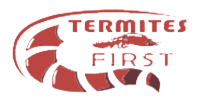
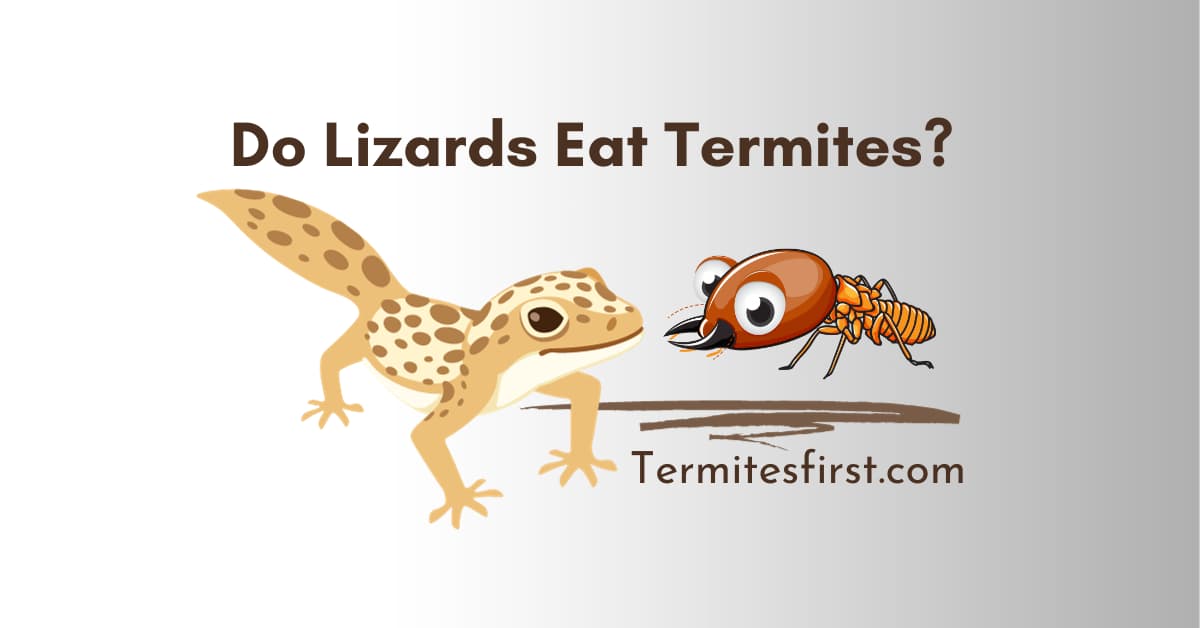
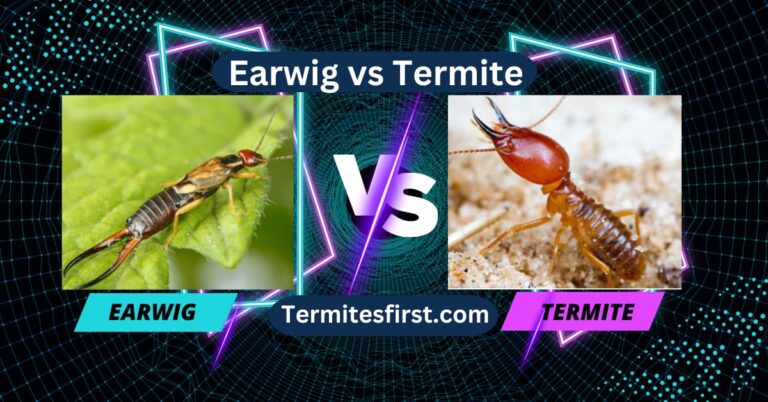
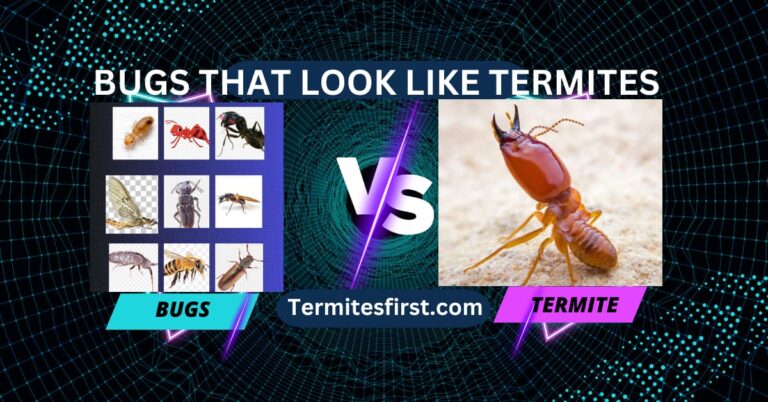
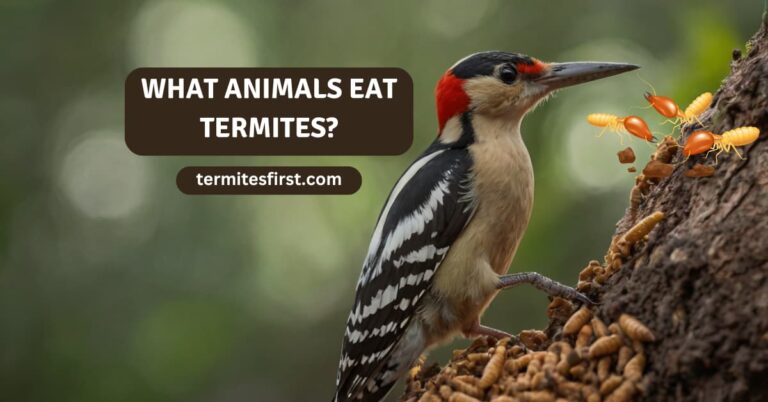
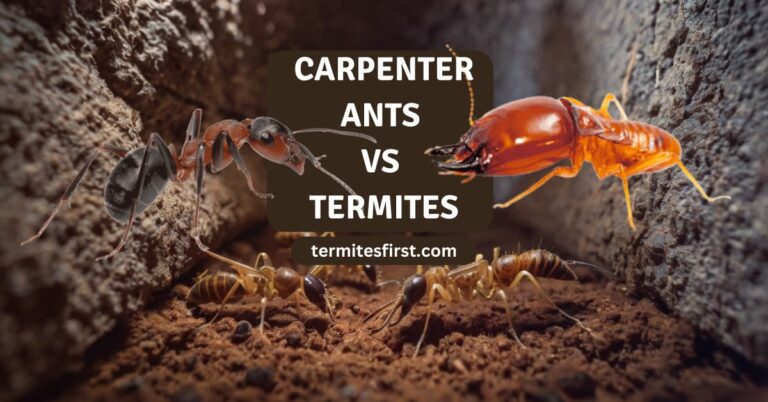
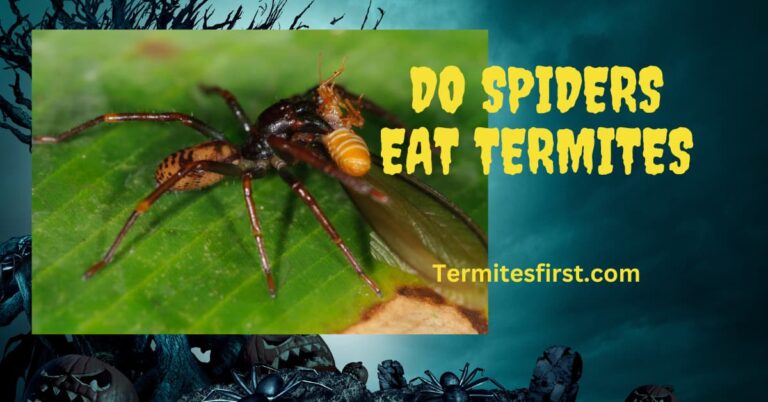
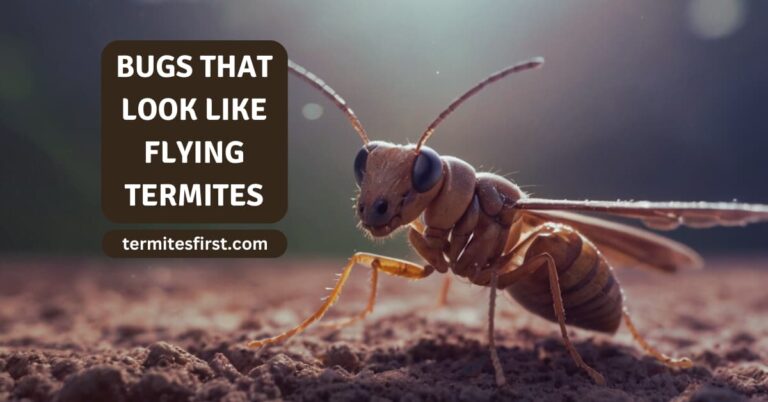
One Comment